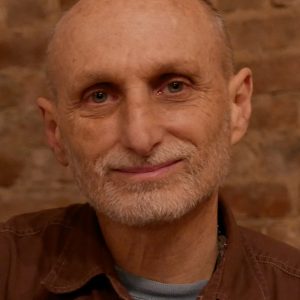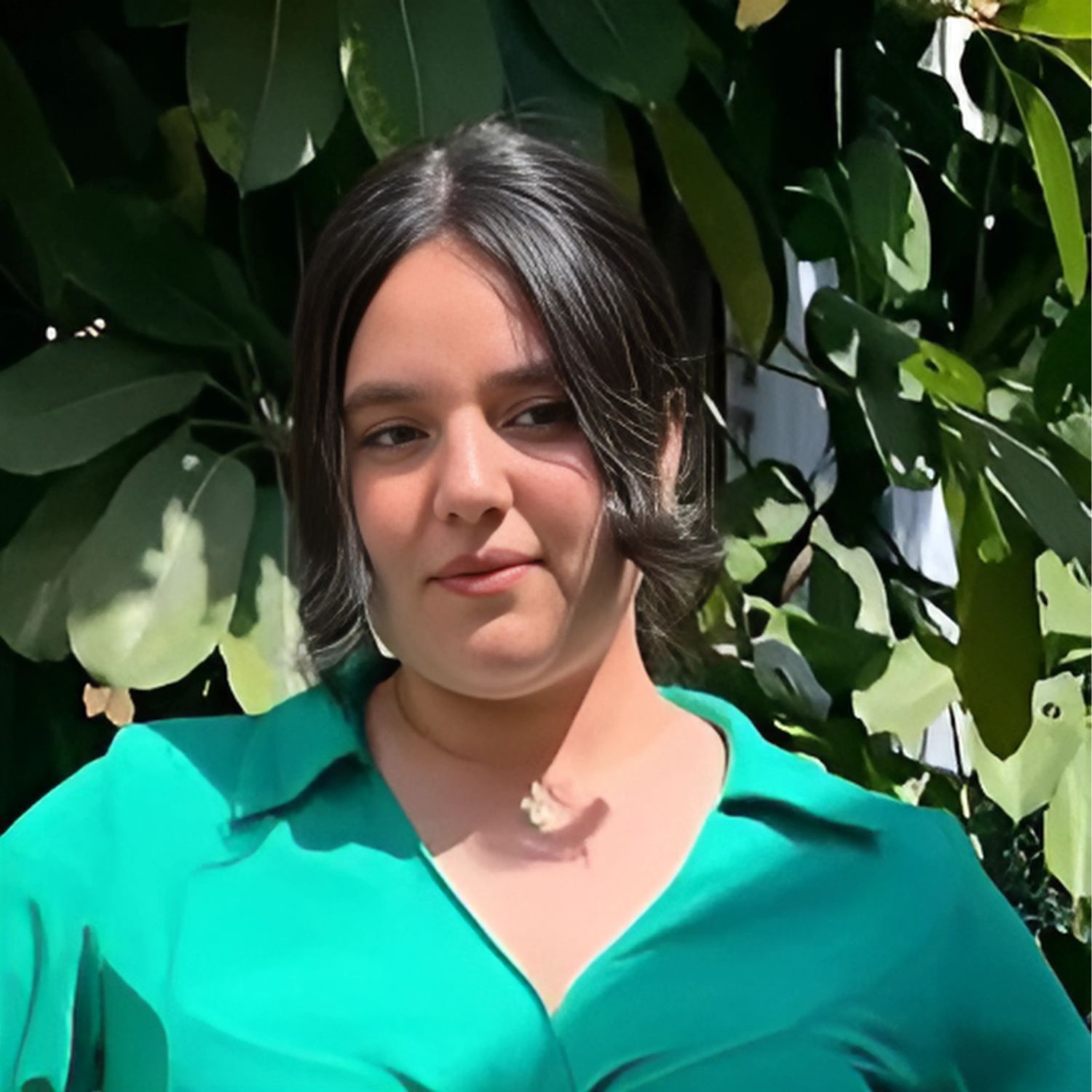
Student Spotlight: Kittisaro Weinberg MA’24
Meet our student! Kittisaro from MA '24 shares his journey at DRBU.
Name: Kittisaro Weinberg
Cohort: MA ’24
Hometown: Chattanooga, Tennessee USA
What were you doing before DRBU?
Before coming to DRBU I was leading meditation retreats and training with my wife Thanissara, finalizing our move from South Africa to America, and helping bring a new diverse leadership team to Dharmagiri – a meditation hermitage we founded almost 30 years ago in the Drakensberg Mountains of Kwa Zulu Natal, South Africa. Having been invited by generous benefactors to move to California, we were focusing on developing Sacred Mountain Sangha, a US-based public charity devoted to synthesizing key principles of the Mahayana and Theravada traditions and offering Dharma programs attuned to the times, guided by the bodhisattva ideal and the cultivation of depth meditation, wisdom and compassion, sacred activism, ecological awareness, and a sense of mutual belonging within the web of life.
What is an influential class, book, or concept that blew your mind?
I enjoy all of my classes. The Dharma blows my mind, and all of the classes point back to the way the whole world manifests within this one awareness. I do remember a significant moment in Buddhist Hermeneutics when we were introduced to the Avatamsaka Sutra. As I read the prologue, I encountered a powerful passage with a striking simile, “like peering through a keyhole and seeing endless space. Now these times and places both are infinite; one place is all places, one time is all times.” This profound non-dual principle so amazingly expressed by the image of looking through the keyhole, invites us to examine the particular closely, and in so doing behold the all-encompassing vastness. In a moment of following that guidance, all constrictions and limitations are blown away.
Can you tell us the title of a recent paper? What is it about? What is it really about?
We haven’t written any papers yet this term.
Last term I wrote a paper called “Opanayiko: Like a Spiral Leading Inwards to the Source.”
What is it about: Opanayiko is one of the six qualities of the Dharma that the Buddha describes in a traditional list recollecting the Triple Jewel — a list that appears repeatedly in both the Mahayana and Theravada texts. Opanayiko means “leading inwards,” and the paper contemplates how all the various skillful means of the Buddhist practice, though appearing distinct and different, gradually penetrate layers of obstruction that dissolve within the light of wisdom, revealing the timeless luminous, all-encompassing heart that is our true home — the fundamental source where all things merge.
What is it really about? Although our life might seem as if we are moving through time in a linear fashion, actually the comings and goings are like a spiral. Little by little, as awareness penetrates the sense of here and there, this and that, me and you, all the distinctions melt, and there is the mysterious sense of being drawn inwards into a wondrous formless ever-present center. Let’s keep patiently practicing the path!
How has DRBU changed you? Are there any surprising things you learned or challenges you faced?
At DRBU I have developed a deepening sense of the transformative treasure of shared inquiry. That’s a beautiful gift from this educational experience, to trust more fully the mysterious power of Sangha, the illuminating potency of a group of pure-hearted beings coming together to contemplate and embody profound ideas and texts.
Are there any surprising things you learned or challenges you faced?
Approaching 72 years old, I’ve been challenged to keep up with the rigors of the MA program, in terms of the extensive reading and paper writing responsibilities. I’ve been deeply exhausted many times, and wondered, “Can I do this?” Wonderfully, I pause and rest — with the compassionate encouragement from my teachers and classmates — allowing myself to deeply receive the exhaustion, anxiety, and panic, and behold the rejuvenating power of kind, patient, meditative awareness.
What does contemplative practice mean to you? Do you have a daily practice?
For me, contemplative practice is bringing all moments back to the heart, back to awareness, and the reflection that all things are appearing within this one mind. My usual routine is to get up at 4 a.m. do a breathing practice, meditate, recite the Surangama Mantra once and the Great Compassion Mantra five times, and share blessings with all beings before studying for class. At night before bed, I recite the Surangama and Great Compassion Mantras again. During daily activities, I enjoy holding Kuan Yin’s name, reminding me to relax and listen at ease to the sounds of the world.
What’s it like to be a part of the DRBU community? What do you do outside of class?
I love being a part of the DRBU community. It’s like being welcomed into a precious sacred family. Outside class I enjoy doing Taiji that I’m learning from Marty and Loc, chanting mantras, having Brandon’s healing tea at Sudhana Center’s wonderful Friday Pizza Night gatherings, having meaningful conversations with my classmates, walking to Safeway while reciting sacred texts, doing yoga on Sundays with Sandy, and watching movies.
Can you share a memory of a quintessential DRBU moment with us?
Reading a Bodhidharma text and feeling overwhelmed with a sacred presence enveloping my whole body and mind with revelatory joy and a deepening conviction that the saints and sages really are timelessly here, encouraging us.
How has financial aid played a role in your being at DRBU? What’s your service scholarship (work-study) job?
I’m happy to have been able to pay the tuition from gifts that have been offered to me over the years. I’m grateful DRBU is making this special educational experience available to all irrespective of financial capacity. Since I’m not receiving financial aid, I don’t have a work-study job. I do, however, enjoy fulfilling my weekly dorm duty to help clean and maintain the space we live in here at Sudhana Center.
What are you interested in doing after DRBU? How does what you’re learning here carry out into the world?
I want to continue practicing the Buddhist teachings of awakening and finding skillful ways to encourage others on the Path. Following an instruction from Master Hua to “bring the two traditions together into a single piece” for the future welfare of the Dharma, I’ll continue in that endeavor, exploring how the essence of the Thai Forest Tradition of Ajahn Chah and the principles of the Mahayana as taught by the Master, are mutually supportive. I trust that the wonderful training I’ve received here in clear thinking rooted in wise reflection will inevitably bless everything I do. Also, I want to complete my long unfinished book.
Finally, I hope to stay connected to DRBU and find ways to support this precious institution.
What would you say to someone who is thinking about applying to DRBU?
Go for it! It will change your life. The program is profoundly transformative. Bringing together pure-hearted spirits to engage sacred texts with encouraging guidance from skillful dedicated teachers, constellates a mysterious and revelatory alchemy. As we go through this integrative training, bringing together our body and mind within the heart of awareness, we offer ourselves a rare opportunity to discover and develop a trustworthy inner refuge, a timeless source of guidance that will never let us down.


